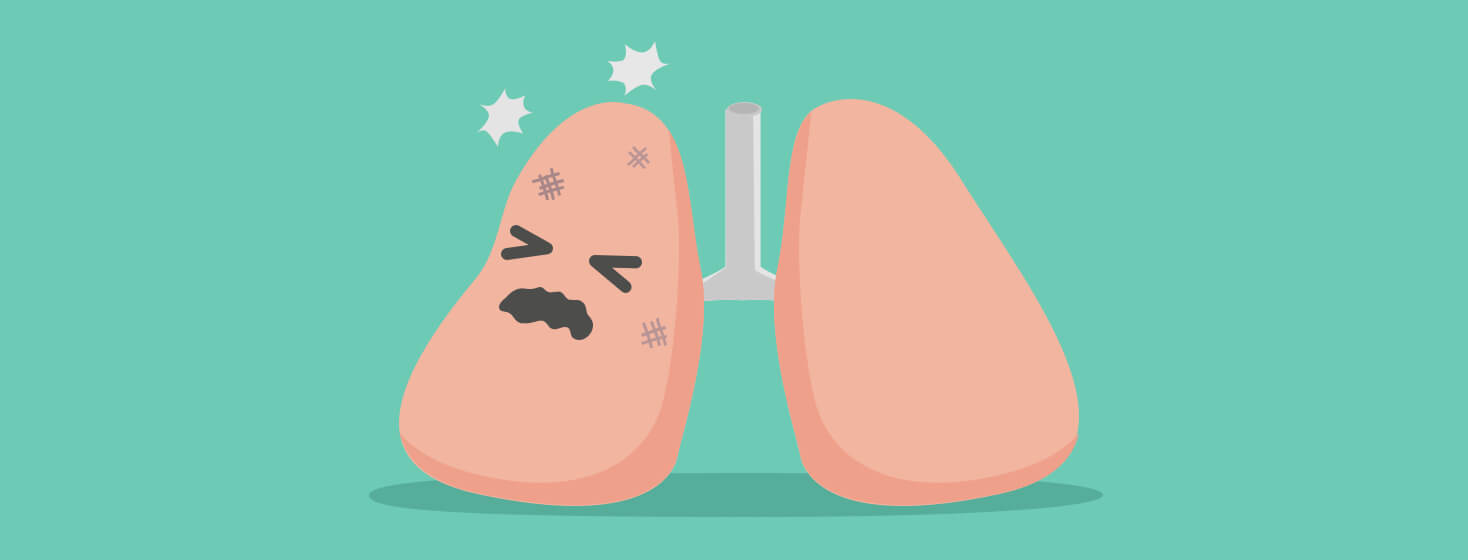The Toll of Frequent COPD Exacerbations
Dealing with exacerbations of COPD is a fact of life when you have this disease. But, as emphasized in the most recent 2017 GOLD Guidelines for COPD, experts now recognize that exacerbations have a significant effect on the severity and rate of progression in COPD.
This post will look at how you can recognize your COPD exacerbations and my next post will focus on how to manage them.
What are COPD flare ups?
The Global Initiative for Chronic Obstructive Lung Disease, or GOLD for short, defines an exacerbation simply as "an acute worsening of respiratory symptoms." You may know this event as a "flare-up."
In other words, you start to have symptoms when you'd been stable or your symptoms become noticeably worse. This would include:
- Shortness of breath, especially during activity. This is also known as dyspnea on exertion. It may affect your ability to walk, talk or care for yourself. It can also affect your ability to sleep well.
- Cough that becomes more harsh or frequent. In addition, you may notice that you're bringing up mucus (also called sputum) that is thick, sticky and a yellowish or greenish color. Or it may even be blood-tinged.
- Wheezing that is occurring more frequently or that won't go away. Wheezing is the whistling sound your breath makes when inhaling or exhaling.
Other less common symptoms of a flare-up might also include:
- Swollen ankles, feet or legs
- Headaches or dizziness when you first wake up
- Weight loss or gain of 2 pounds in a day, or 5 pounds in a week
- Fever
- Restlessness, irritability or mental confusion
- Fatigue or weakness that is more intense than usual and that lasts more than a day
In other words, it's no fun to have a COPD flare-up. You are not going to feel well; it affects your quality of life and you may even be at greater risk for a respiratory infection, which will further worsen your condition.
What is the importance of identifying flare ups?
You might be wondering if you need to worry when you have an exacerbation. The answer to this is no. Worrying is never productive and only a waste of energy. However, we do know now that flare-ups, especially when they occur often, are a warning sign that your COPD is not well-controlled. It can also mean that your disease is more likely to get worse more quickly than if you were under control.
When you have COPD, your airways are constantly inflamed to some extent. We used to believe that this inflammation was mostly due to repeated exposure to environmental irritants such as tobacco smoke. However, recent treatment guidelines suggest that it is actually the accumulated effect of repeated flare-ups that causes most of lung inflammation and damage.
In fact, even one flare-up can trigger a persistent level of airway inflammation. This inflammation may not go completely away even with treatment. This new knowledge helps explain a few things:
- Not all smokers will develop COPD (because they have not had exacerbations)
- Only 50% of COPD patients were smokers in the past
- There are other causes of COPD, such as genetic markers or elevated eosinophils.
Preventing disease progression
So, this means doctors are now focusing more than ever on prevention of COPD progression. They do this by taking steps to prevent exacerbations from happening, or at least decreasing how often they occur.
Stay tuned for part 2 when we look at how to prevent and manage COPD exacerbations!

Join the conversation